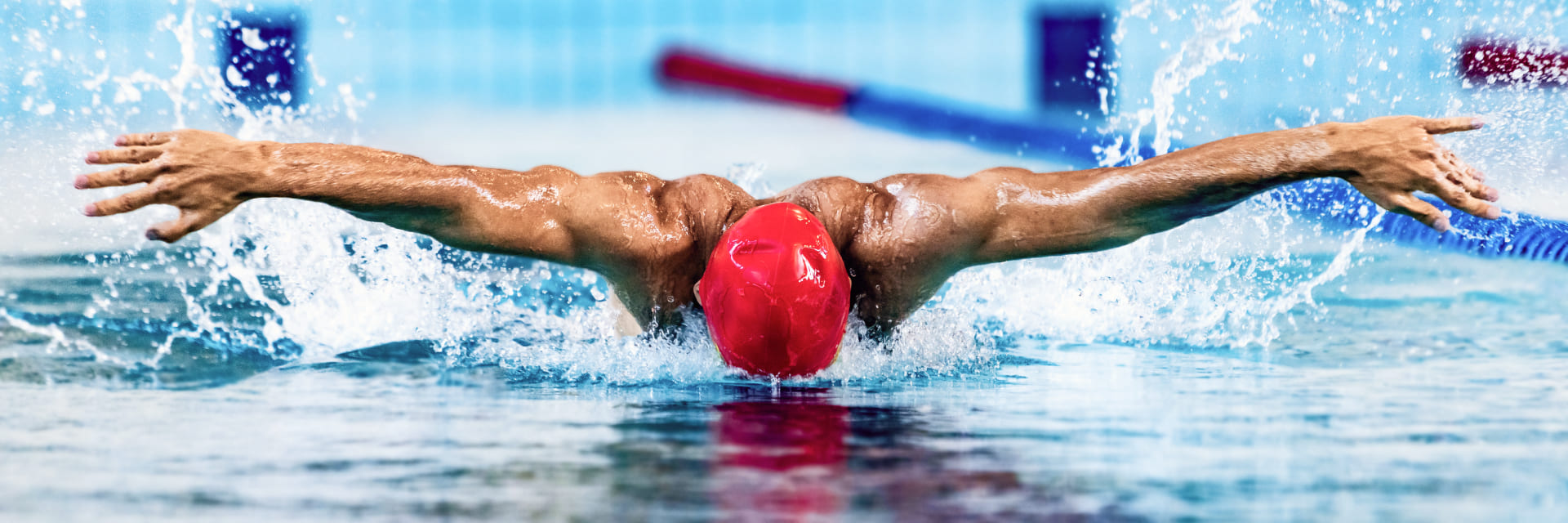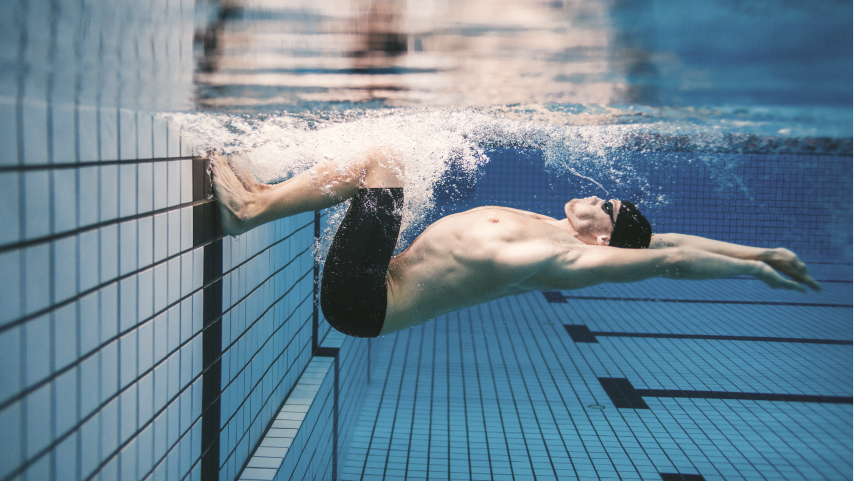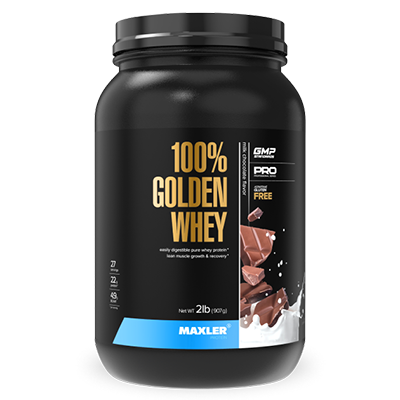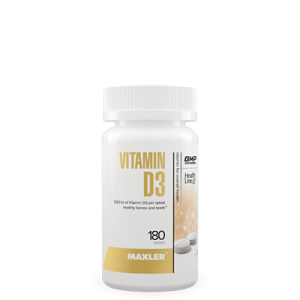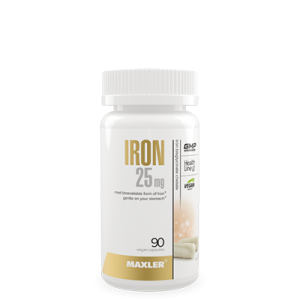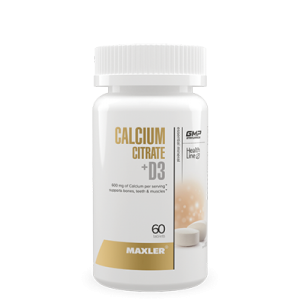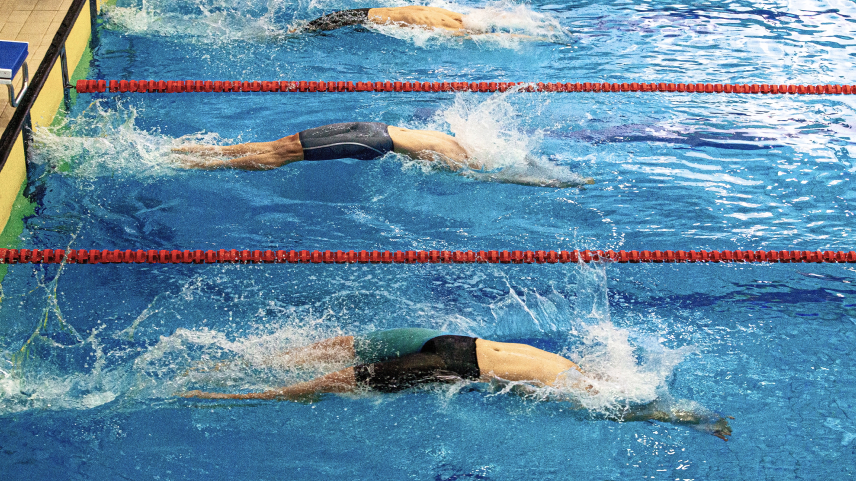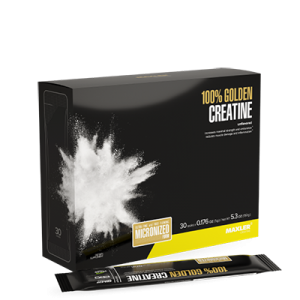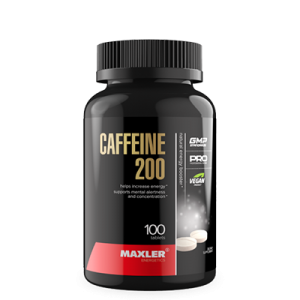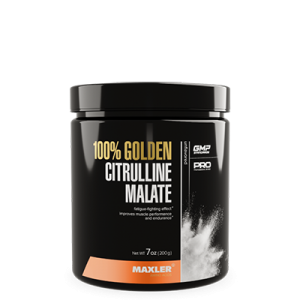Swimming is a popular water-based sport that many engage in. Swimming is a very technical sport, where the form needs to be optimized to decrease water resistance and fatigue and to increase power and strength. Swimmers spend long hours training, and therefore, need a good understanding of their nutritional requirements to train well and swim successfully. Therefore, to succeed, every athlete must pay attention to the best diet for swimmers.
Our bodies have three main ways of generating energy:
- The aerobic energy pathway, where our body makes energy from glucose in the presence of oxygen. This usually gives us the most energy, in the form of ATP. This is often called mitochondrial respiration, as it takes place in the mitochondria. The mitochondria are small energy factories inside our cells.
- The anaerobic energy pathway, where the body makes energy from glucose without oxygen. This is usually called glycolysis.
- The phosphagen system, which is the quickest way our body remakes ATP. This system uses phosphocreatine, a compound in our muscles that replenishes ATP.
Depending on the swimming distance, the body relies on all these systems in different amounts. Shorter swims will favor the anaerobic pathway, while for longer swims, the body will prefer aerobic pathways.
To ensure great performance, swimmers need to maintain their glycogen stores. They need to be conscious that during long swims, there may be an increase in protein breakdown in the body, which affects performance. They also need to optimize their phosphagen system to perform well. In this blog post, we will break down the basics of a balanced diet for swimmers.
The carbohydrates and the fats – providing energy
As swimming is an energy intensive sport, and where periods of high-intensity training can result in a swimmer needing 2400 calories a day. A good diet for swimmers must be able to provide enough energy to keep them going!
Ensuring to take in sufficient energy in the form of fats and carbohydrates is therefore essential, as long periods of inadequate intake decrease performance.
The recommendations for carbohydrate intake are therefore:
- 6-8 grams per kg of body weight on days when you train little at high intensity, or a lot at low intensity.
- 10-12 grams per kg of body weight when you train a lot at high intensity.
- For those that do open-water swimming, or very long distance events, get 10-12 g per kg for two days before a competition and before high-intensity training.
Getting sufficient carbohydrates not only provides you with plenty of energy, but also boosts your immunity. This makes high-carb foods some of the best foods for swimmers. Fats are also essential for health and immunity.
Obtaining 20-25% of your daily calories from fats ensures that adequate intake of essential fatty acids, like omega-3s and fat-soluble vitamins. During periods of low-intensity training, increase your fat intake to around 35% of your calories. This improves your body’s ability to get energy from fatty acids efficiently.
Staying strong – protein
Swimming requires a lot of strength. Proper nutrition for swimmers allows you to get sufficient amounts of protein to maintain it. The recommendation is to get 1.2-2 grams of protein per kg of body weight each day. This increases muscle growth boosts your endurance. Split your protein intake into 4-5 portions evenly spaced throughout the day.
You can use animal foods to get your protein, such as lean meats and fish, or a plant-based source, like tofu or legumes. However, should you want something lighter, or if you’re looking for a post-training snack, consider a protein supplement.
Maxler 100% Golden Whey is a top-quality protein supplement that provides 25 grams of easily digested protein with every serving. You’ll get a large portion of amino acids like leucine, which boosts musclebuilding, while enjoying fantastic flavors.
Staying healthy – necessary micronutrients
Like any athlete, swimmers must pay attention to the micronutrients they take in, to keep their body healthy and performing optimally. Aim to have a diverse and balanced diet to achieve this. You can benefit from monitoring your levels of the following nutrients: vitamin D, omega-3s, iron, calcium.
All swimmers need to get plenty of vitamin D, as many swimmers train indoors and may not have enough exposure to sunshine. For a great vitamin D supplement, check out the Maxler vitamin D range. Maxler Vitamin D3 provides 30 micrograms of this micronutrient in a single tablet, ensuring that you meet your daily requirements.
Swimmers must also get enough omega-3s, as omega-3s not only support overall health, but are also important for muscle recovery and reducing illness. Maxler Omega-3 Premium provides 600 mg of omega-3s in each citrus-flavored softgel.
Female swimmers should pay attention to their iron and calcium levels. For a great iron supplement, look no further than Maxler Iron 25 mg, which meets your daily requirements with each capsule. These vegan supplements contain a highly bioavailable form of iron which does not cause gut discomfort.
It is especially important that any athlete keeps in mind that nutritional requirements will also vary with age. A balanced diet for swimmers who are teenagers may require different amounts of these micronutrients.
If you’re looking to support your immune system and protect yourself from respiratory issues, consider adding a zinc supplement or relying on echinacea. Maxler Zinc Picolinate contains plenty of zinc to support your immune system and has an antimicrobial effect.
Staying hydrated – your water intake
While swimming, the water helps your body cool down and lose less water. However, you will still need to take in plenty of fluids to help your performance. You’ll need to increase your water intake with higher water temperatures.
Before a swim, you need to be taking in around 5-7 ml of water per kg of weight from four hours before training or competition. You can increase this amount starting with two hours before training should you need to. Try to have a cold drink, as that can help you regulate your body temperature better.
If you sweat a lot, or if you have less than 8 hours between training sessions, try to take in around 150% of water lost during the training.
Before swimming – what to eat?
Before a swim, you should focus on hydrating yourself and replenishing your glycogen. For carbohydrates, aim to get around 1-2 grams per kg of body weight around four or three hours before your swim.
During the swim
To keep your energy levels up as you swim, consider adding some carbohydrates to your water. Aim to take in around 90 grams of carbohydrate for every hour of swimming. Use a mix of carbohydrates for this – a 2:1 ratio of glucose and fructose is the optimal proportion.
After the swim
It is important to boost protein synthesis and replenish glycogen after a competition or a high-intensity training session. However, depending on what your goals are, you have multiple ways to go about your post-training snack.
As an overall guide, aim to get around 0.3 grams per kg of body weight of protein straight after an intense swim. If you’re trying to improve how efficiently your body uses fat and carbohydrate, stick to only having protein after the training session.
If, on the other hand, you need to restore your glycogen or boost musclebuilding, add some carbohydrates to your post-workout meal. Aim to get around 20-25 grams of protein alongside 1 gram of carbohydrate per kg of your weight.
Improving performance – supplements to help you achieve your goals
Whether you’re a professional athlete, or just trying to achieve your personal best, you might want to support your training routine with beneficial supplements. With a wide variety of supplements available, you might want to know which will suit swimmers.
The best supplements for swimmers are: creatine, caffeine, and L-citrulline.
Creatine supplements increase the amount of phosphocreatine in the body, which plays a role in replenishing muscle energy in the form of ATP. More phosphocreatine allows you to train harder, which helps when you’re training at high intensity. Therefore, taking 3 grams of creatine each day while you train can be beneficial. Remember though, to start off with a loading phase of five days, where you take on 20-30 grams of creatine each day, before continuing with taking 3 grams daily.
Maxler 100% Golden Creatine is a fantastic creatine supplement that contains micronized CreaSolv creatine. CreaSolv creatine is a form of creatine which can withstand the acidity of your stomach, meaning that you’ll get every gram of creatine you take in.
Caffeine, found in foods like coffee and chocolate, can benefit athletes as it helps to decrease tiredness and improves your ability to contract muscles. Swimmers can benefit from having around 3 milligrams of caffeine per kg of body weight an hour before a competition.
For a great caffeine supplement, try Maxler Caffeine 200. Made especially for athletes, each serving of this vegan supplement contains 200 mg of caffeine.
Those that swim long distances, whether in pools or open water, can benefit from a nitrate supplement. This is because nitrates can increase the amount of nitric oxide in your body, which boosts blood flow and helps with increasing time to exhaustion. You can get nitrates from drinking beetroot juice about 3 hours before a training session. However, you can also increase nitric oxide levels through taking citrulline malate.
Maxler 100% Golden Citrulline Malate is a convenient powder form of citrulline malate. This supplement is easy to incorporate into your pre-workout drinks and can boost your nitric oxide levels. It can also improve recovery and decrease muscle soreness – a win-win for your performance.
